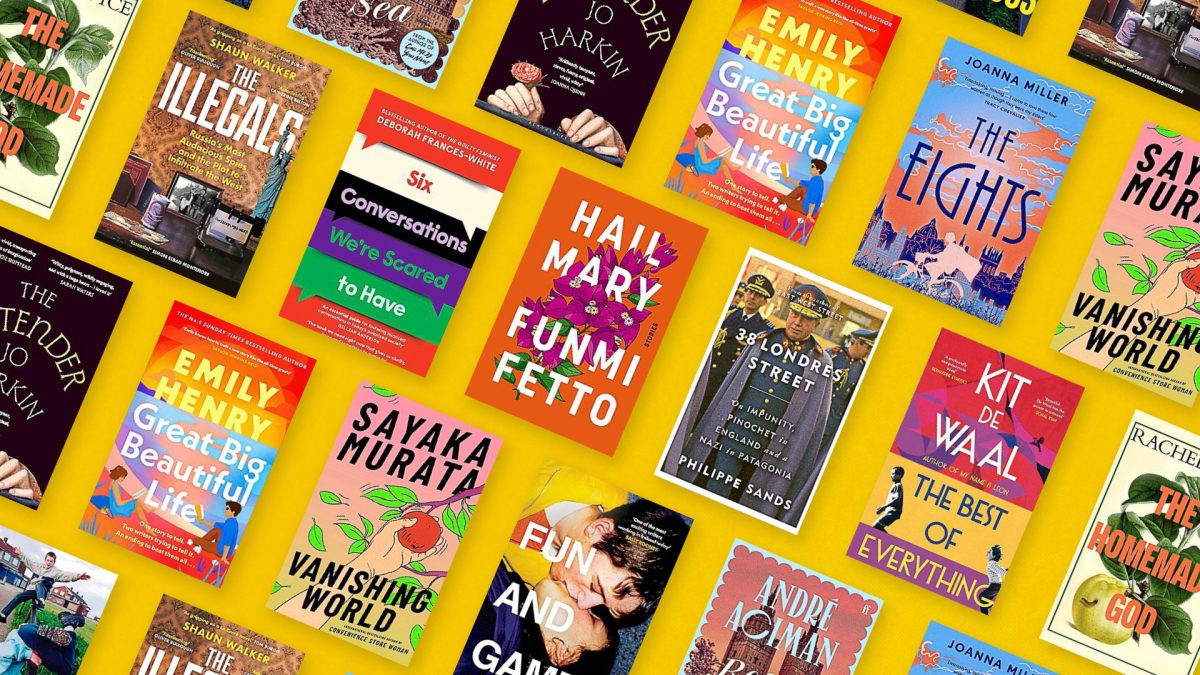In today’s fast-paced world, understanding emotions and how they affect our lives is crucial. Books about emotional intelligence provide readers with insights into how to manage and harness emotions effectively. Whether you’re a seasoned reader or just starting your journey into emotional intelligence, these books can offer valuable lessons and tools.

What is Emotional Intelligence?
Emotional intelligence refers to the ability to recognize, understand, and manage our own emotions, as well as the emotions of others. It plays a significant role in personal and professional success, fostering better communication, empathy, and conflict resolution skills.
Why Read Books About Emotional Intelligence?
Reading books about emotional intelligence can enhance your understanding of how emotions influence behavior. These books provide strategies to improve your emotional skills, leading to better relationships and decision-making abilities.
Benefits of Emotional Intelligence
- Improved communication skills
- Better conflict resolution
- Enhanced empathy and understanding
- Increased self-awareness
- Stronger relationships
Top Books About Emotional Intelligence
1. Emotional Intelligence: Why It Can Matter More Than IQ by Daniel Goleman
This groundbreaking book by Daniel Goleman delves into the concept of emotional intelligence, highlighting its importance over traditional intelligence. Goleman explains how emotional intelligence can be a predictor of success, making it a must-read for anyone interested in personal development.
2. The Emotional Intelligence Quick Book by Travis Bradberry and Jean Greaves
Travis Bradberry and Jean Greaves offer readers a practical guide to understanding and applying emotional intelligence in everyday life. This book includes strategies and exercises that can be easily implemented to improve emotional skills.
3. Emotional Agility by Susan David
In Emotional Agility, Susan David presents a fresh perspective on how to deal with emotions in a healthy way. The book emphasizes the importance of embracing emotions rather than avoiding them, offering practical advice for cultivating emotional resilience.
How to Choose the Right Book
With so many books about emotional intelligence available, choosing the right one can be overwhelming. Consider the following factors when selecting a book:
- Your current level of understanding about emotional intelligence
- Specific areas you wish to improve, such as empathy or self-awareness
- The book’s approach and writing style
- Reviews and recommendations from trusted sources
Enhancing Emotional Intelligence Skills
Reading is just the beginning of developing emotional intelligence. Practice and application are key to truly enhancing these skills. Here are some tips for applying what you learn:
Practice Active Listening
Active listening involves fully engaging with the speaker, understanding their message, and responding thoughtfully. This skill is essential for building empathy and improving communication.
Reflect on Your Emotions
Take time to reflect on your emotions and how they influence your actions. Journaling can be a helpful tool for gaining insights into your emotional patterns and triggers.
Build Stronger Relationships
Use emotional intelligence skills to strengthen your relationships with others. Practice empathy, active listening, and conflict resolution to foster deeper connections.

FAQs on Books About Emotional Intelligence
What are the best books to start with?
For beginners, starting with Daniel Goleman’s Emotional Intelligence and Travis Bradberry’s The Emotional Intelligence Quick Book can provide a solid foundation.
Can emotional intelligence be improved?
Yes, emotional intelligence can be improved through practice and learning. Reading books on the topic and applying the strategies can lead to significant improvements.
How does emotional intelligence benefit creative writers?
Emotional intelligence enhances a writer’s ability to understand and convey emotions in their writing, leading to more relatable and impactful stories.
For more insights into reading efficiently, check out our guide on reading more books in less time. Additionally, explore the differences between book summaries and full books to decide which approach suits your learning style.
To further enhance your reading journey, consider learning how to write a book report, which can deepen your understanding and retention of the material.
This article contains affiliate links. We may earn a commission at no extra cost to you.







